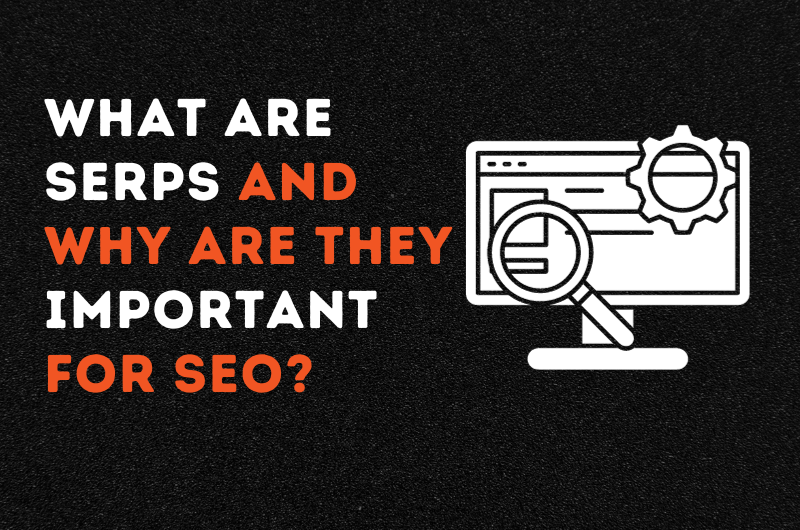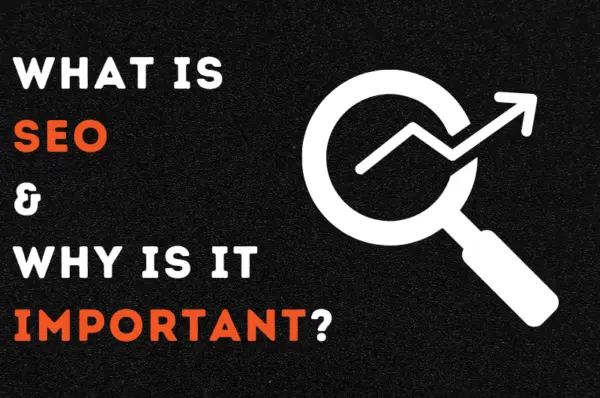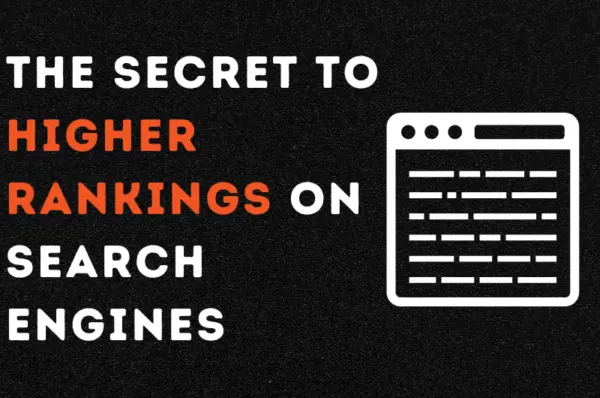Have you ever been advised that your website isn’t ranking on SERPs? This term may be confusing to you, especially if you have no technical experience. This blog post will help you grasp what SERPs are and why they are vital to your website.
Exactly What Are SERPs
In short, SERP is an abbreviation for search engine results page. This is the page that appears on your screen when you type a search query into a search engine such as Google, Yahoo, or Bing. Let’s imagine you want to learn how to bake a cake. You type “how to bake a cake” into the search field and hit Enter. A SERP is the first page of search results that displays a list of related websites.
There are two types of SERPs:
Here are these two types:
Organic SERPs
Organic SERPs show results that are relevant to your search query but not paid for. These results are determined by a number of variables, including the content’s relevancy to your search keywords, the website’s authority, and the general quality of the information.
Paid SERPs
Paid SERPs, also known as sponsored SERPs, show websites that paid to have their links appear at the top of search results. These paid listings are typically labelled “sponsored” or “ad” to distinguish them from organic results.
What do you find on a SERP?
SERPs have changed dramatically over the last decade. Search engines are continuously striving to enhance the user experience by presenting the most relevant content for every given search query. As a result, today’s SERPs include a number of distinct components. Here’s a breakdown of some of the most popular features:
Results
SERPs are fundamentally about providing search results. These results provide connections to other websites that the search engine considers related to your search query. Each link is usually accompanied by a brief description, known as a meta description, that provides a rapid overview of the webpage’s content.
Featured Snippet
These are little boxes that display at the top of some SERPs, providing users with a rapid and authoritative response to their search query. The information in these snippets is often sourced from a reputable website or a trustworthy source. Websites cannot pay to be shown in a snippet; the search engine algorithm chooses the most relevant information.
Image Results
Depending on your search query, you may see image results on the SERPs. If your search phrases are visually descriptive, the search engine may provide visuals along with text-based results.
Video Results
SERPs, like picture results, can include videos. If your search query is for a song, lecture, or anything else that may be available in video format online, the SERP will provide videos that you may play right on the search results page.
Related Searches
When you search for something, the first results may not be exactly what you’re looking for. In such circumstances, scroll down to the “related searches” column. This section recommends more relevant searches that people frequently conduct on the same topic. To further refine your search, click on any of the related searches shown.
FAQs
People use the internet to find answers to their questions, and search engines recognise this. SERPs may also include a section for frequently asked questions (FAQs) to help consumers get the information they need quickly. These FAQs are often collected from reliable websites that offer professional knowledge on the search topic.
Why are SERPs important in SEO?
By now, you should have a good understanding of SERPs. But do they matter for SEO? The answer is an emphatic yes! While you cannot directly control the content of a SERP, it is the end goal of your SEO efforts.
When you create a website, your goal is to have it noticed by others. The higher your website ranks in SERPs, the more probable it is that people will click on your link and visit it. Understanding how SERPs function is critical for increasing traffic to your website. Increased website traffic can lead to more leads, conversions, and, eventually, sales.
In conclusion
SERPs are the pages that appear after you type a search query into a search engine. They give users relevant results based on their search terms. SERPs may contain organic results, paid advertisements, featured snippets, photos, videos, related queries, and FAQs. The particular elements you see will



